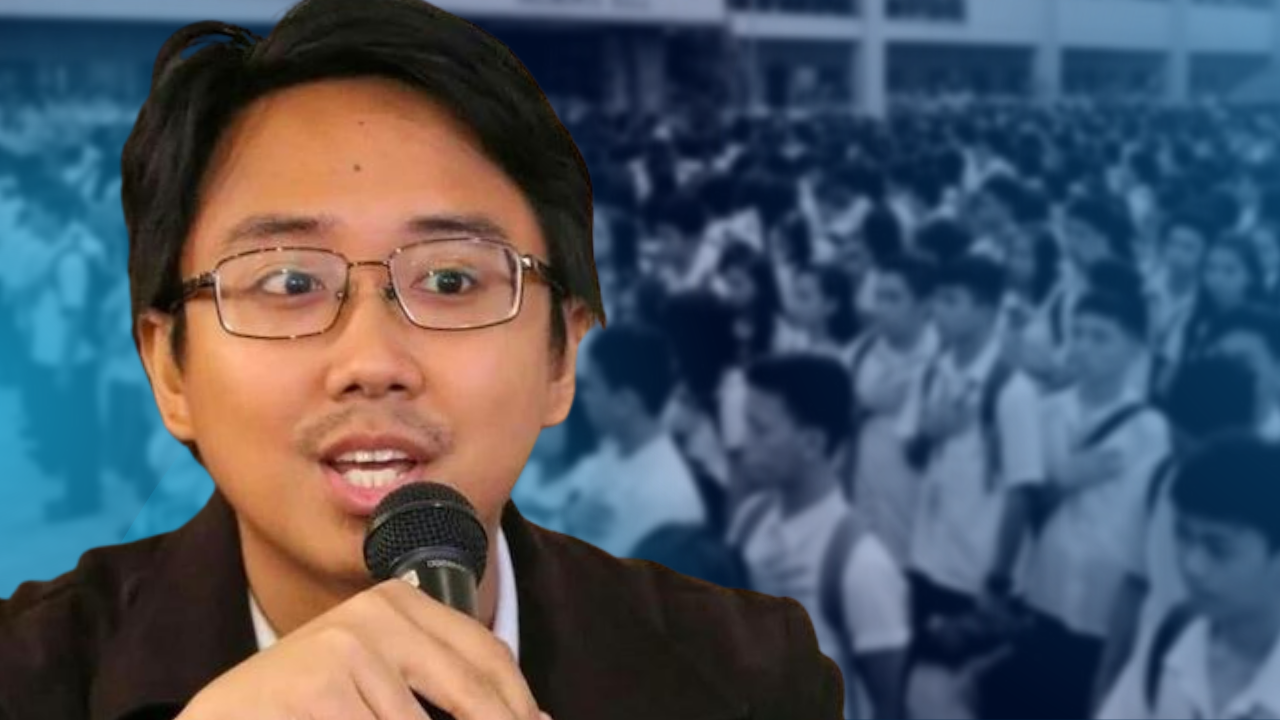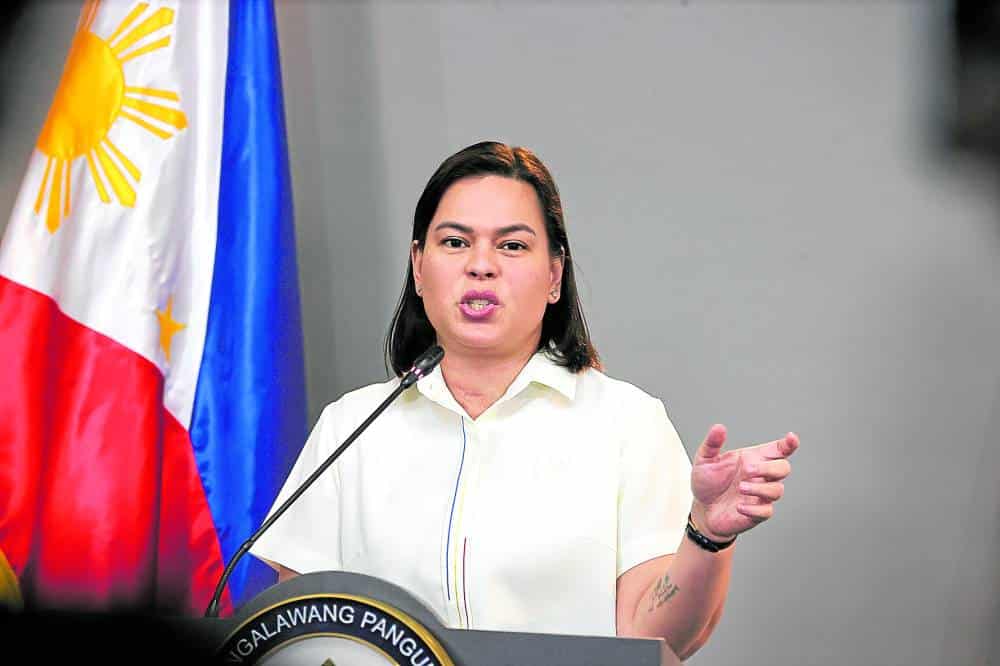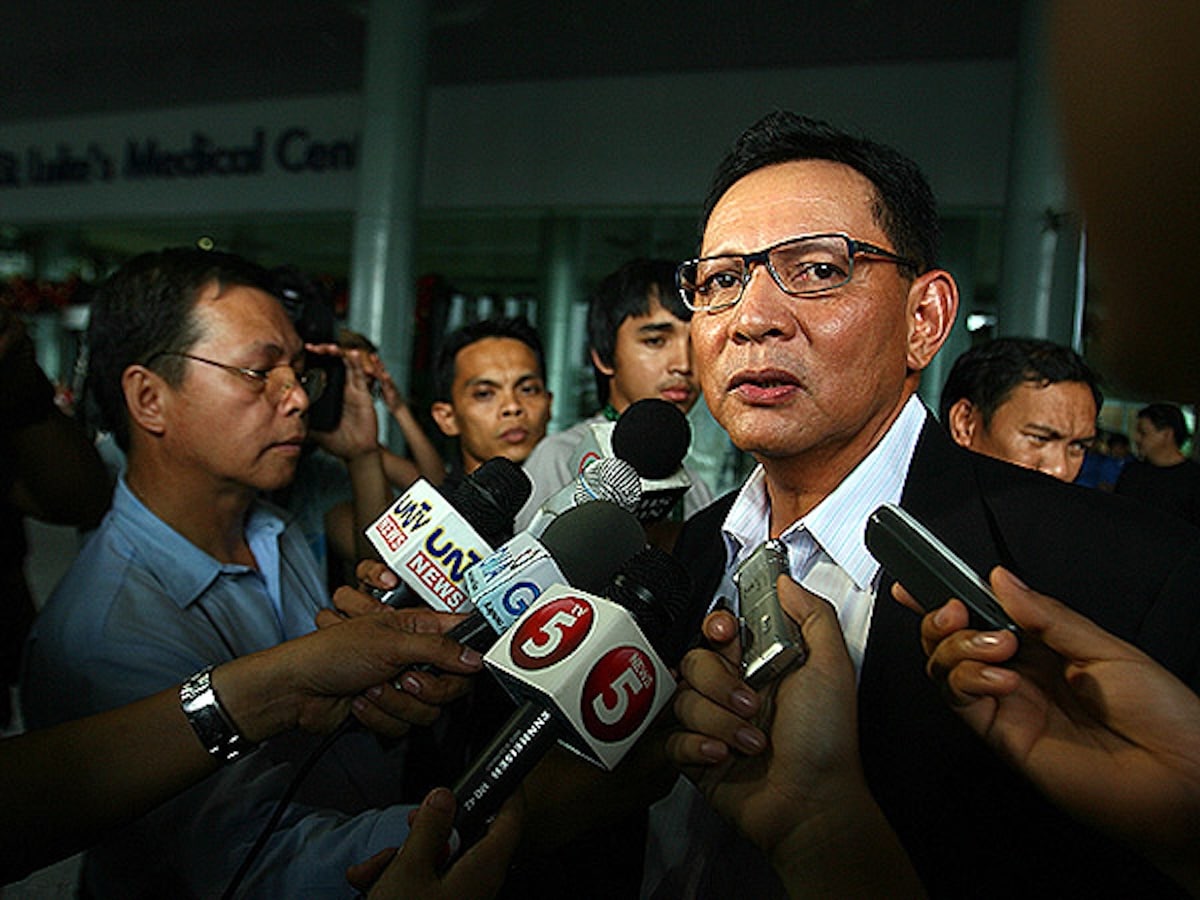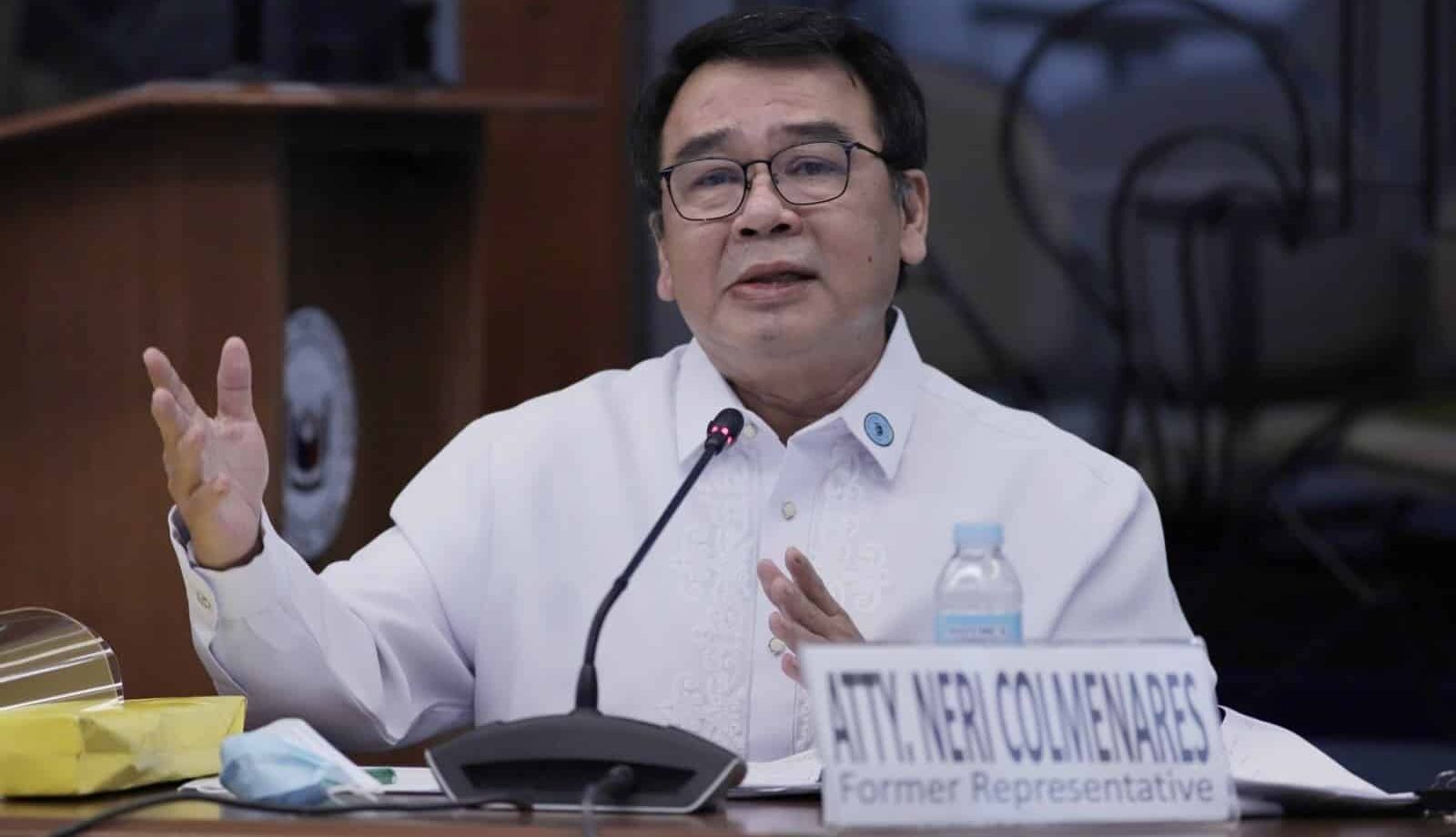Once a formidable and unified bloc, the alliance is visibly unraveling — the cracks deepening in the wake of former President Rodrigo Duterte’s controversial arrest on 11 March, which sent shock waves through the political landscape and exposed rifts that can no longer be ignored. Senator Imee Marcos, the President’s sister, was the first high-profile figure to exit, citing “differences in direction.” Her departure came after she chaired a Senate Committee on Foreign Relations hearing on 20 March investigating the Marcos administration’s alleged role in Duterte’s handover to the International Criminal Court (ICC) in The Hague, Netherlands. The Villar patriarch, among the first major figures to oppose Duterte’s arrest, posted a strongly worded statement, saying it was his hope that former President Rodrigo Duterte would have the opportunity to defend himself in Philippine courts under the protection of the country’s own laws. Criticizing the manner by which the arrest was carried out, he questioned why no legal remedies were exhausted in the Philippines before Duterte was handed over to a foreign court. “No Filipino, regardless of status, should be sent abroad without first being afforded the right to legal remedies in their own country,” Cayetano said, calling the situation “mind-boggling.” Mindanao: A glaring absence Nowhere is Alyansa’s faltering grip more evident than in Mindanao, Duterte’s stronghold. Justices are currently reviewing the national budget, the legality of impeachment proceedings against Vice President Duterte, and the constitutionality of Duterte’s arrest. Read Full Story






